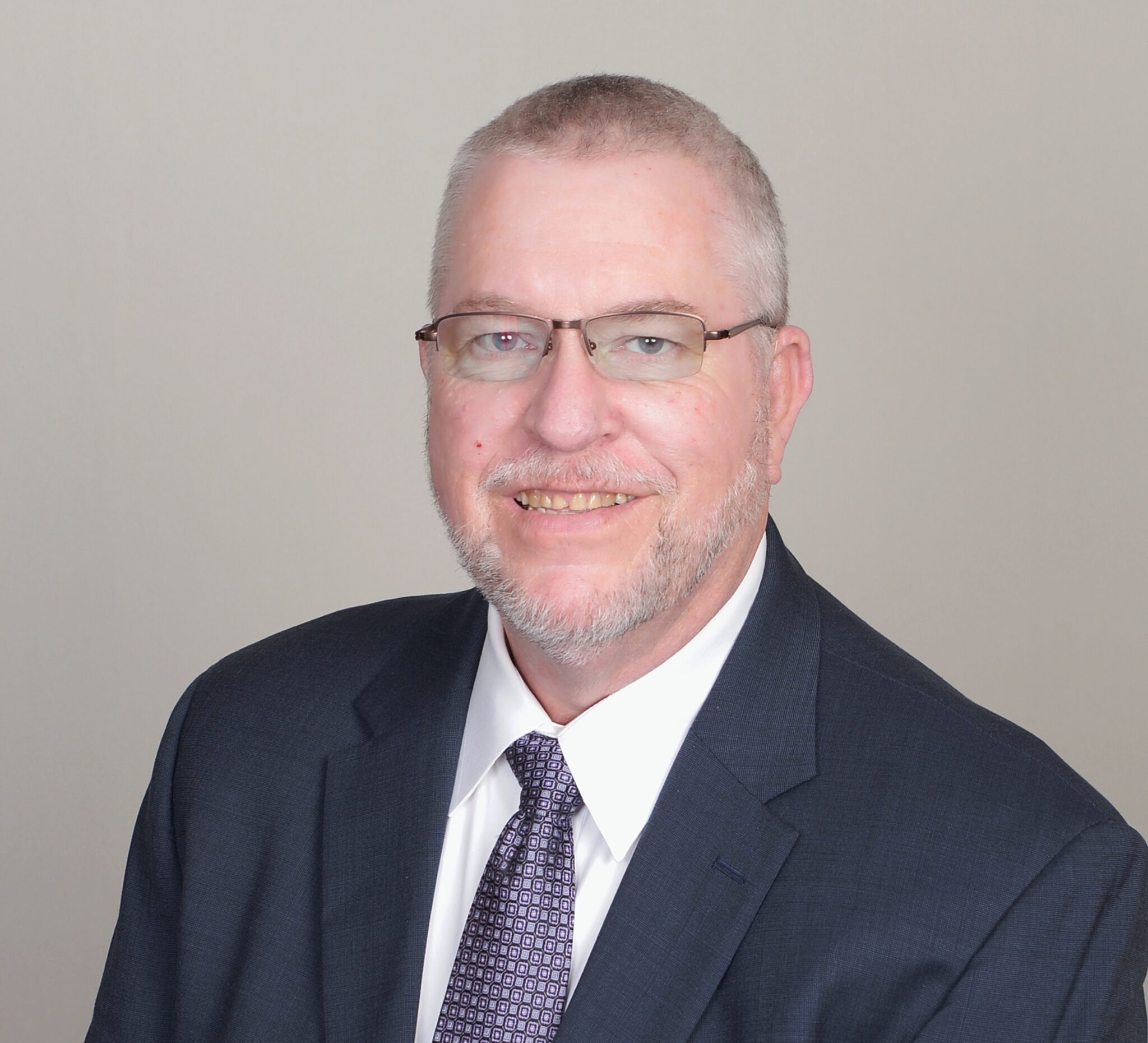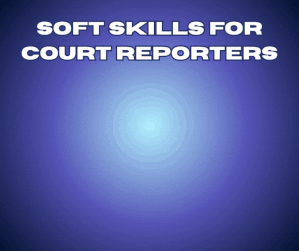
In the midst of the Exxon Valdez oil spill civil case, a legal videographer from Little Rock, Ark., found himself on an unexpected journey to Nashville, Tenn. There he was tasked with videoing the deposition of Third Mate Gregory Cousins, the man at the helm when the tanker ran aground in 1989, polluting Prince William Sound, Alaska, with 11 million gallons of crude oil. This deposition, which lasted more than eight hours, became the most significant case in the career of Chris Foreman, CLVS, highlighting the crucial role of certified legal video specialists in legal proceedings.
JCR | How did you prepare for this job?
CF | The job was in Nashville, so I had to make travel arrangements and make sure I brought enough videotape for a day-long job.
JCR | Was there anything about the deposition that surprised you or stood out to you?
CF | Since I did not even know anything about what I was going to video other than it was in Nashville for a certain law firm, everything was a surprise. The most surprising thing was that when the Exxon Valdez ran aground, Captain Hazelwood was not at the helm. The deponent, Third Mate Gregory Cousins, was the only person on the bridge.
JCR | Have you worked on any other depositions that stood out to you?
CF | The only other deposition that stood out was not so much about the deposition, but the reporter who covered it. He set out over five digital recorders on the table and would not proceed until he had internet access. Turns out he was using AI. I pointed out to the attorneys that the notice specified that it should be reported stenographically. It was not until just before the deposition started that he began using a mask. He did not report the depo with voice, because I watched him spend up to a minute with the mask away from his face just looking around.
JCR | What are your favorite types of cases to work on?
CF | Cases where I am able to take video throughout the case. I currently have one where I have done depositions for both sides and have videoed an inspection of the subject vehicle.
JCR | What do you enjoy most about your job?
CF | Working with the attorneys, letting them know about what our firm can do for them as professional reporters and videographers.
JCR | What attributes do you think are most important to be a successful legal videographer?
CF | Understanding the need to perform the job in an ethical and professional manner. Using the CLVS standards established by NCRA ensures that we provide the best product for the client.
Chris Foreman, CLVS, is a videographer from Sherwood, Ark. He can be reached at chris@arkansasrealtimereporting.com.



